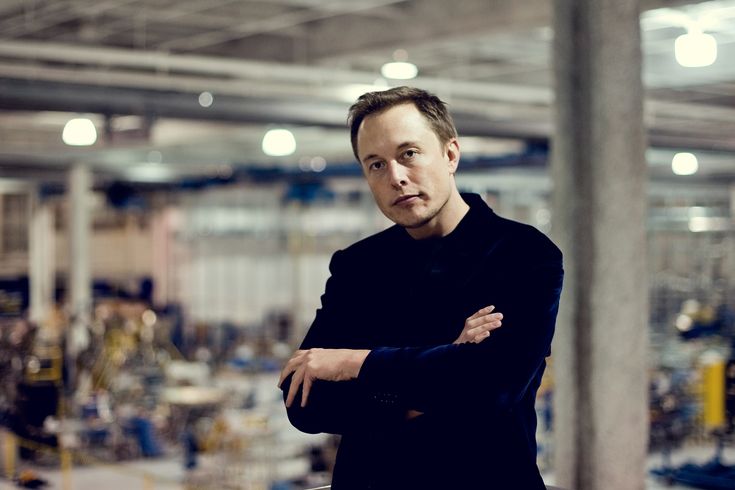In a world obsessed with credentials, it’s easy to mistake academic achievement for intellectual depth. But education and intelligence are not interchangeable. Education is a structured process—acquiring knowledge through schools, universities, and formal training. Intelligence, however, is innate and multifaceted: it’s the ability to reason, adapt, solve problems, and understand complexities beyond textbooks.
A person may hold a bachelor’s degree and still lack emotional intelligence, critical thinking, or basic common sense. Conversely, someone with little formal education might possess profound insight, creativity, and wisdom. Intelligence manifests in many forms—logical, interpersonal, musical, spatial—and isn’t confined to academic performance.
The real issue lies in society’s tendency to equate diplomas with capability. We often assume that a degree guarantees competence, but history and experience prove otherwise. Some of the most impactful thinkers, innovators, and leaders were self-taught or dropped out of formal education. What they had was curiosity, resilience, and the ability to think independently.
Education can enhance intelligence, but it doesn’t create it. Intelligence is how you apply knowledge, not just how much you’ve absorbed. It’s the difference between memorizing facts and understanding their implications. Between parroting ideas and generating your own.
So next time someone flaunts their degree, remember: it’s not the paper that defines the person—it’s how they think, act, and evolve.



